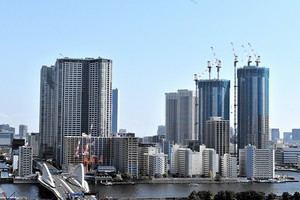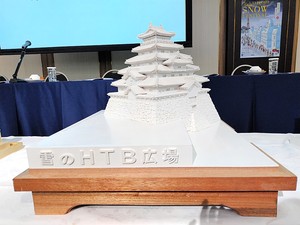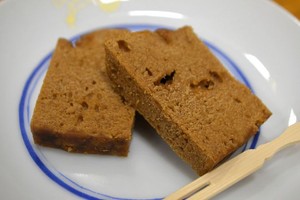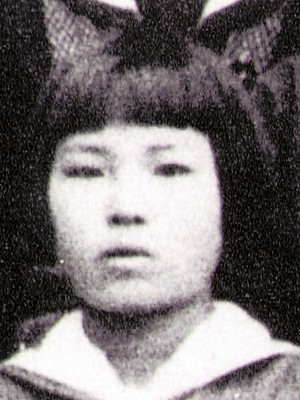THE ASAHI SHIMBUN
March 28, 2025 at 15:29 JST
 Automobiles lined up at Daikoku Pier in Yokohama await export. (Daisuke Matsuoka)
Automobiles lined up at Daikoku Pier in Yokohama await export. (Daisuke Matsuoka)
Japan is scrambling to find ways to get the United States to exempt its automakers from a ruinous 25-percent tariff due to take effect on April 3.
Chief Cabinet Secretary Yoshimasa Hayashi instructed the ministers of the economy and trade, transport and farm ministries to look into non-tariff barriers, such as safety standards for industrial products, that could be relaxed as one way of increasing the import of U.S. products, according to several government sources.
Officials said that reducing the U.S. trade deficit with Japan might convince the Trump administration to have a change of heart about including Japan in the new tariffs on automobiles and auto parts.
Ministry officials will consider relaxing industrial standards for automobiles and home appliances as well as those for agricultural inspection. Washington maintains the Japanese standards act as a barrier to the import of U.S. products.
“We have asked the ministries to look into a range of possibilities, although we would not be able to relax standards that are directly related to safety,” said a high-ranking official in the prime minister’s office.
Prime Minister Shigeru Ishiba said at the March 27 Upper House Budget Committee that officials would continue to point out to their U.S. counterparts about various actions being taken to help the U.S. economy, such as investments by Japanese companies.
At his March 27 news conference, Hayashi said it was “extremely regrettable” that Japan was included among the nations to be covered by the auto import tariff.
Although officials have repeatedly asked for an exemption for Japanese autos, U.S. Commerce Secretary Howard Lutnick made clear that Japan would not be exempted. Officials were well aware that the tariffs would be imposed on Japan, but what has puzzled many is that unlike his first term, Trump has not come out and said what he expected Japan to do in order to avoid the tariffs.
In his first term, Trump hinted that tariffs would be imposed on Japanese autos, which led Japan to reduce tariffs on U.S. farm products.
But so far, the Trump administration has only said it would raise tariffs, with no reference to what it expects in exchange from Tokyo.
Japanese automakers were resigned to tariffs being imposed, but had different reactions to Trump signing the presidential order.
A spokesman for Toyota Motor Corp. said efforts would first be made at trying to cut costs rather than simply pass on the tariff amount to consumers through higher prices.
Mazda Motor Corp. will likely be most severely affected among Japanese automakers. It sold about 420,000 cars in the U.S. market in 2024, but only 20 percent was manufactured in the United States. One option might be to increase production at the plant in Alabama that it jointly operates with Toyota.
Companies that supply parts to Mazda are also looking into the ramifications on their business if tariffs lead, as expected, to a decrease in sales in the United States.
Citing the core position of autos in the Japanese economy, Takahide Kiuchi, an executive economist at Nomura Research Institute Ltd., said the U.S. tariffs would bring a lot of pain. He estimated that Japan’s gross domestic product would shrink by 0.2 percent if the 25-percent tariff was imposed.
“The damage to the Japanese economy will be considerable and could lead to promoting a reduction of production and jobs in Japan and a hollowing out of the auto industry,” Kiuchi said.
(This article was compiled from reports by Taro Kotegawa, Shino Matsuyama, Chihaya Inagaki and Yoshichika Yamanaka.)




















A peek through the music industry’s curtain at the producers who harnessed social media to help their idols go global.
A series based on diplomatic documents declassified by Japan’s Foreign Ministry
Here is a collection of first-hand accounts by “hibakusha” atomic bomb survivors.
Cooking experts, chefs and others involved in the field of food introduce their special recipes intertwined with their paths in life.
A series about Japanese-Americans and their memories of World War II